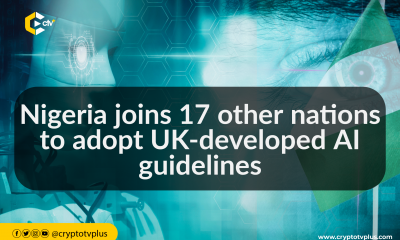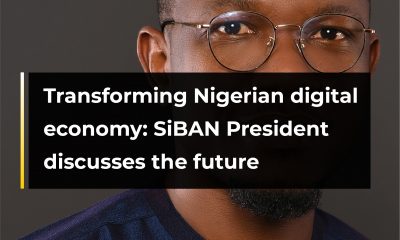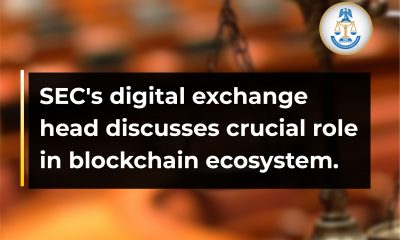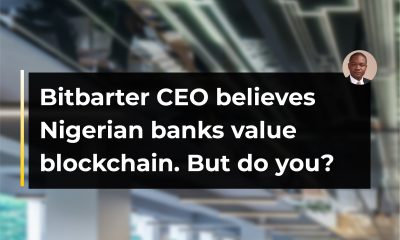FEATURED
Collaboration is key for Nigeria’s blockchain ecosystem, says Mohammed Jega
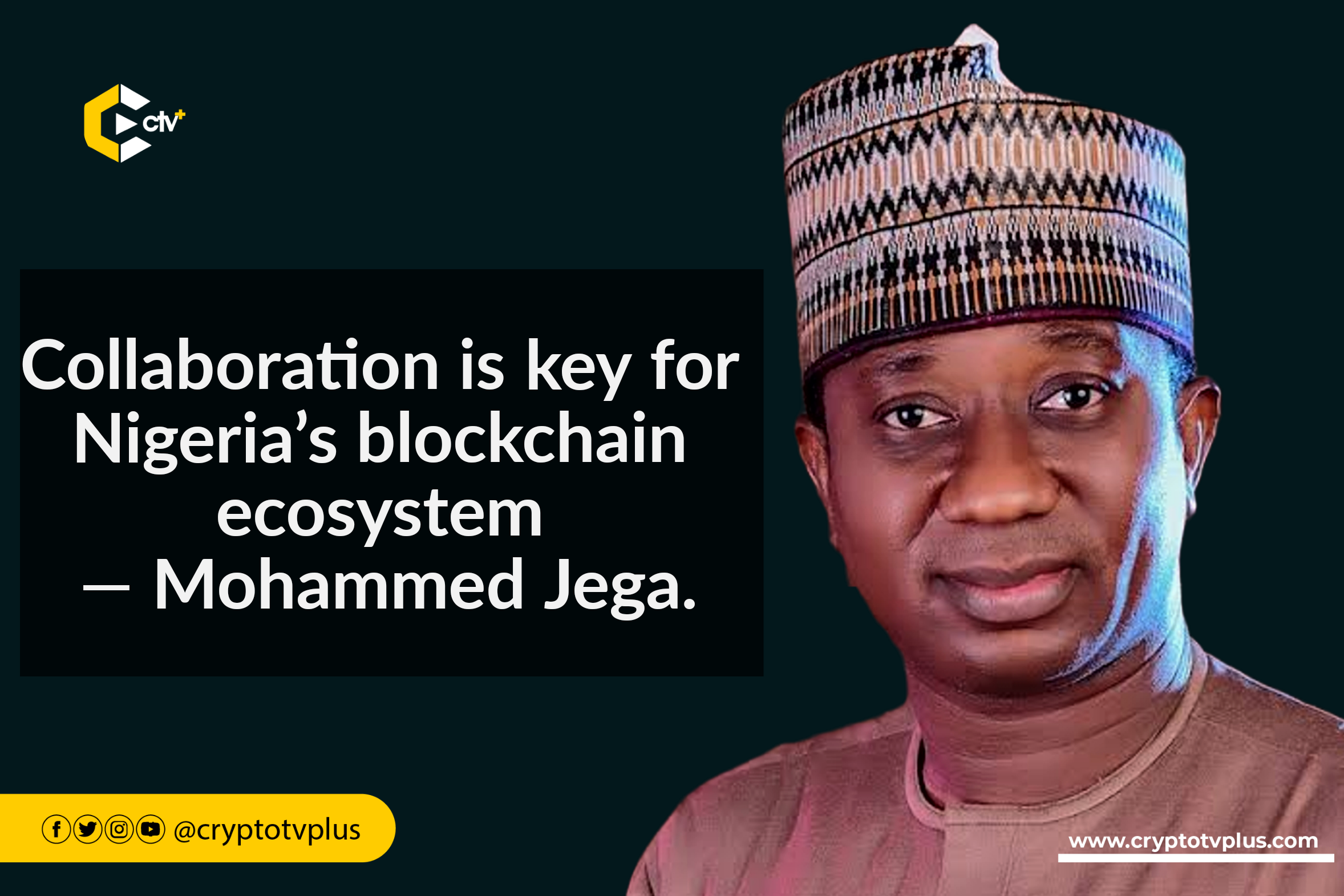
At the just concluded Stakeholders’ Policy Dialogue, held by the National Information Technology Development Agency (NITDA) in collaboration with the Stakeholders in Blockchain Technology Association of Nigeria (SiBAN) Mohammed Jega gave key insights on collaboration in the blockchain ecosystem in Nigeria.
In a session, moderated by Obinna Iwuno, SiBAN President, Jega pointed out that collaboration between industry players, government entities, and academia is paramount for creating a thriving blockchain ecosystem. He stated that “industry and government collaboration is very key to developing the required ecosystem.”
Mohammed Jega is the cofounder of Domineum Blockchain and is known for his contributions as an entrepreneur and technology startup founder.
A key component of Jega’s vision for collaboration is the establishment of research and development centers within universities across geopolitical zones. These centers would serve as a ground for building and nurturing talents. Additionally, Jega advocated for the integration of blockchain curriculum into computer science courses, fostering collaboration between academia and the industry to equip students with the skills required for the future.
Further, Jega raised an important concern, stating that “if the government had engaged the community in the blockchain ecosystem in building there wouldn’t have been a web gap with the e-naira.” This statement served as a testament to the insufficient collaboration between government agencies and the vibrant blockchain community. Jega highlighted the need for support structures around blockchain communities, such as SiBAN and BNUG, and suggested hackathons and use case exploration to bridge the gap between blockchain innovators and government initiatives.
Additionally, Jega proposed the creation of regional blockchain hubs, focusing on training and development. This will help to address the mismatch in skillsets often found among self-proclaimed blockchain experts. He emphasized that these hubs should be aligned with the real challenges and mechanics of blockchain technology, ensuring that the skills acquired by developers are both relevant and globally recognized.
When it comes to incentivizing indigenous startups and businesses to embrace blockchain solutions, Jega put forward a “public partnership model” that involves showcasing the tangible benefits of blockchain solutions to the government. He suggested that government incentives, grants, and funding for research and development could play a pivotal role in fostering innovation and growth within the domestic blockchain landscape.
In May 2023, the Nigerian government launched the National Blockchain policy and supported carving out a day for the Blockchain in the nation. According to Jega, while sending out invitations at the event mentioned that the 2023 Blockchain Day is underway. The Stakeholders’ Policy Dialogue was held to discuss the implementation of the national Blockchain policy.
Read also;
Fireblocks’ Security Approach Lauded by CZ: Binance User Funds Unaffected
What do you think of this article? Share comments below.



